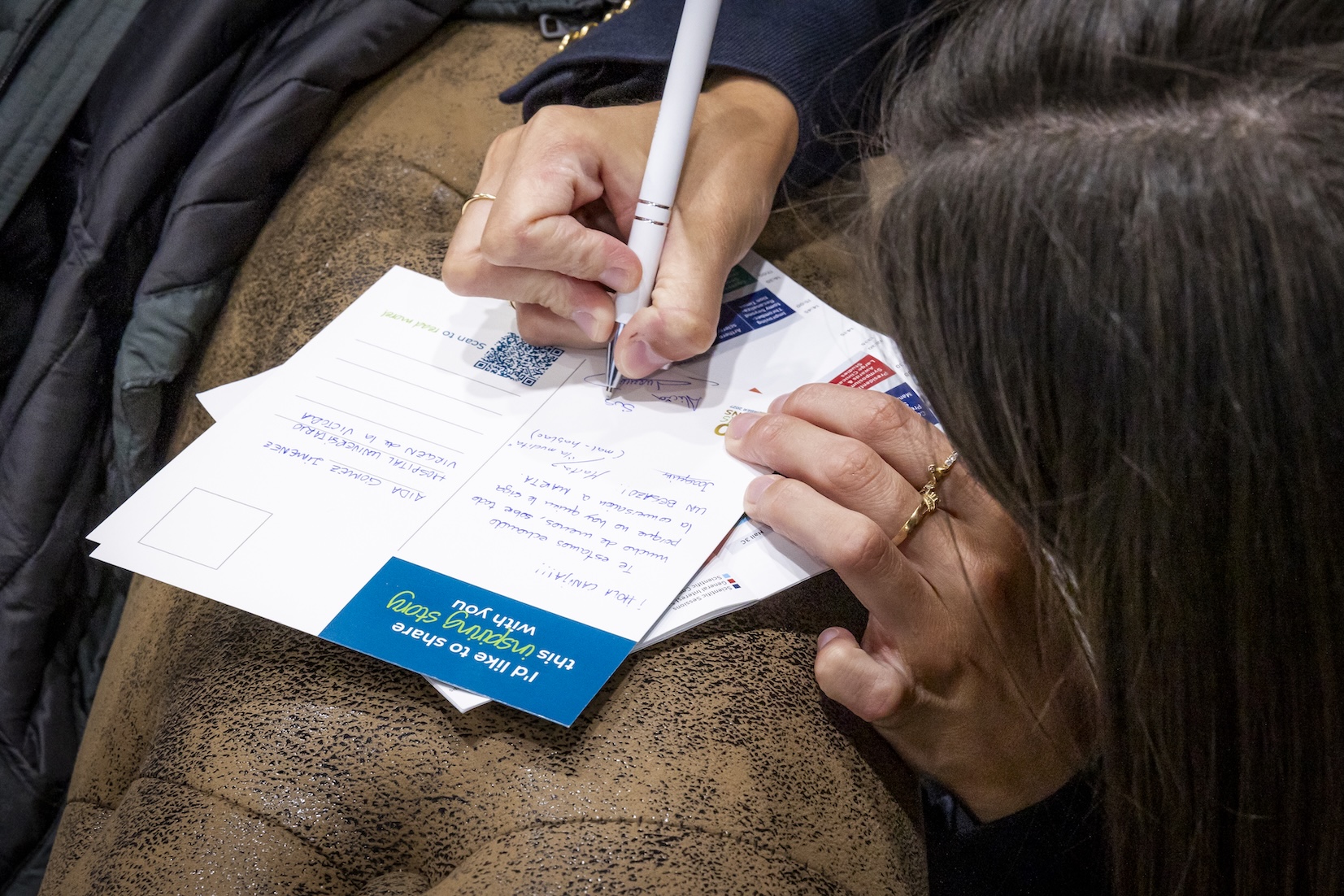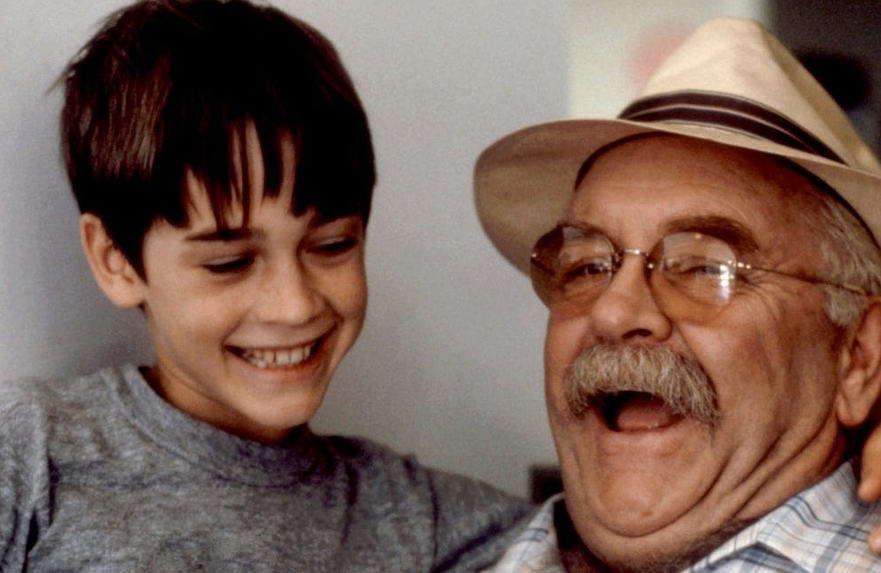Misi untuk membuat dunia aman bagi stroke dipindahkan ke Rivne pada awal April. Pelatihan berbasis simulasi praktis selama dua hari untuk tim medis darurat, perawat, dan neurolog berlangsung pada tanggal 4 dan 5 April, yang menjadi landasan bagi Wilayah Angels berikutnya di Ukraina barat. pelatihan berbasis simulasi
Wilayah Angels pertama di Ukraina berada di negara tetangga Khmelnytska Oblast, tempat tiga distrik mendapatkan status Wilayah Angels pada awal 2025. Menjadi Wilayah Angels mengharuskan rumah sakit, layanan medis darurat, sekolah, dan otoritas setempat untuk bekerja sama mencapai sasaran bersama dalam membuat komunitas mereka aman bagi pasien stroke.
Di Rivne, tim medis darurat, neurolog, dan perawat memanfaatkan kesempatan untuk menyempurnakan keterampilan mereka dalam acara dua hari saat konten teoritis diperkuat melalui simulasi berbasis skenario. Fokus utamanya adalah komunikasi antardisiplin, interaksi, dan kerja sama tim dalam tim stroke untuk mengurangi penundaan pengobatan baik di lingkungan pra-rumah sakit maupun di rumah sakit.
Penyedia layanan kesehatan dengan disiplin ilmu yang berbeda umumnya dilatih secara terpisah, sehingga mereka tidak siap menghadapi skenario berbasis tim yang kompleks dan mendesak seperti penanganan stroke. Pelatihan simulasi menguntungkan hasil pasien dengan meningkatkan komunikasi dan memajukan integrasi kompetensi yang berbeda dalam pengaturan darurat intensitas tinggi.
Oleh karena itu, selama pelatihan, peserta dibagi ke dalam kelompok-kelompok kecil untuk mempraktikkan keterampilan tertentu dan mengerjakan berbagai skenario kehidupan nyata.
Tim secara aktif mengeksplorasi cara-cara untuk mengoptimalkan pemberian perawatan stroke dalam sesi sumbang saran interaktif dan simulasi berbasis skenario menggunakan alat pemetaan proses yang dikenal sebagai Latihan Stiker, dan metode praktik lainnya.
Perhatian khusus diberikan pada penggunaan alat bantu pemeriksaan stroke, termasuk skala NIHSS. Ada juga penekanan kuat pada fase pra-rumah sakit dan pengembangan keterampilan praktis dengan perawat, serta sesi terfokus pada pencitraan saraf dengan tujuan meningkatkan kemampuan neurolog untuk menafsirkan pindaian CT dan MRI untuk pengambilan keputusan klinis dan memperluas protokol jendela waktu terapeutik.
Peserta menggunakan ceklis simulasi dari platform Angels Academy selama sesi, dan pengamat juga terlibat dalam diskusi pasca simulasi, menggunakan ceklis ini untuk memberikan umpan balik dan wawasan terstruktur.
Para pembicara di antaranya perawat Olha Jarmak, Dr Dmytro Lebedynets, Dr Pavlo Lebedynets, Dr Dmytro Hrynykha, dan D.Oleksandr Pohrebniak, kepala stroke di wilayah tersebut.
Komponen utama pelatihan ini adalah implementasi sistem pemantauan kualitas untuk perawatan stroke akut. konsultan Angels Lev Prystupiuk mengatakan, “Kami menyoroti integrasi registri RES-Q dalam praktik klinis harian dan menunjukkan bagaimana registri ini dapat membantu meningkatkan waktu pengobatan dan hasil akhir pasien.
“Bersama-sama, kami membangun kapasitas dan menyempurnakan keterampilan kami untuk memberikan kesempatan kedua bagi setiap pasien stroke, dan untuk meninggalkan warisan kami.”



